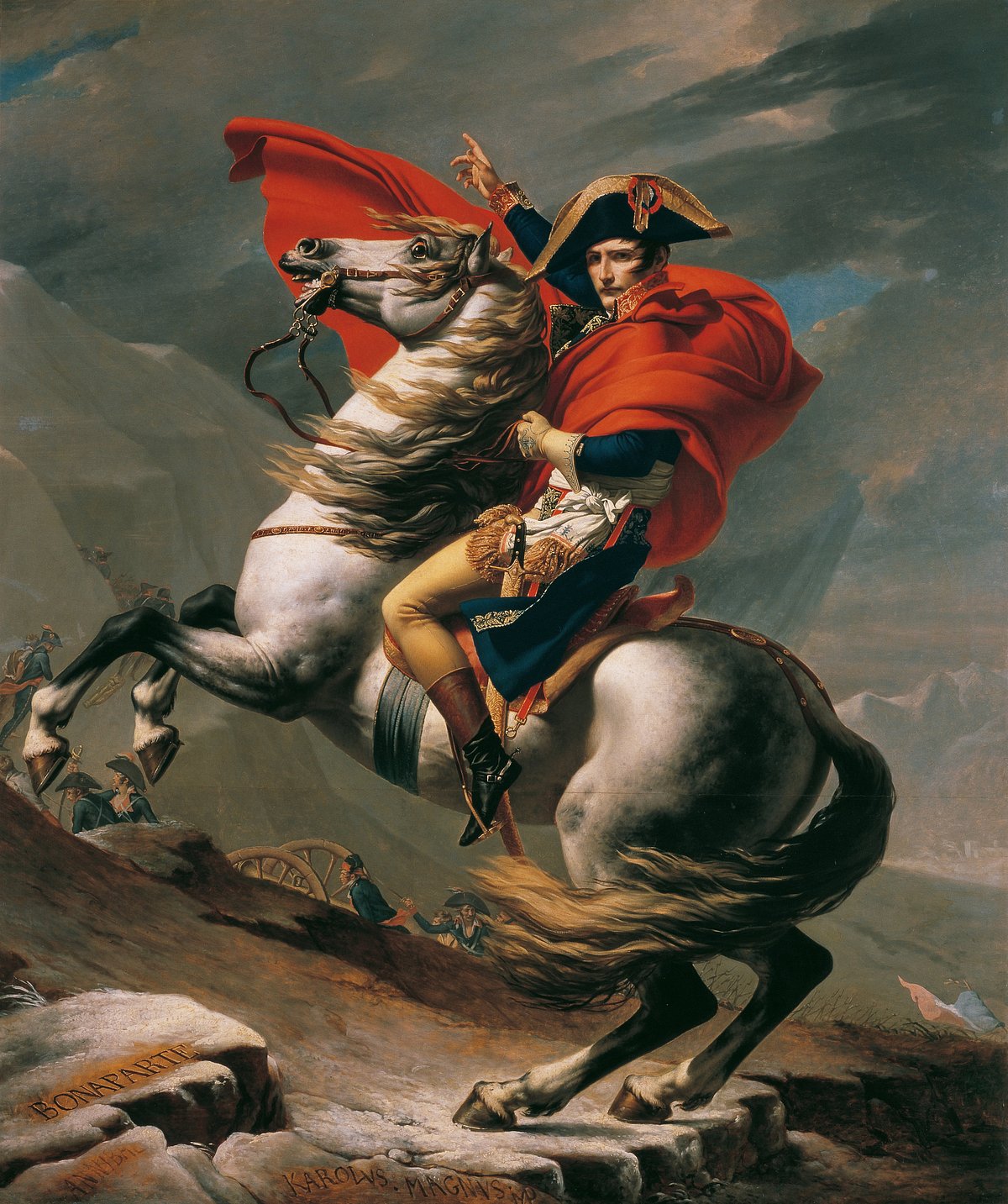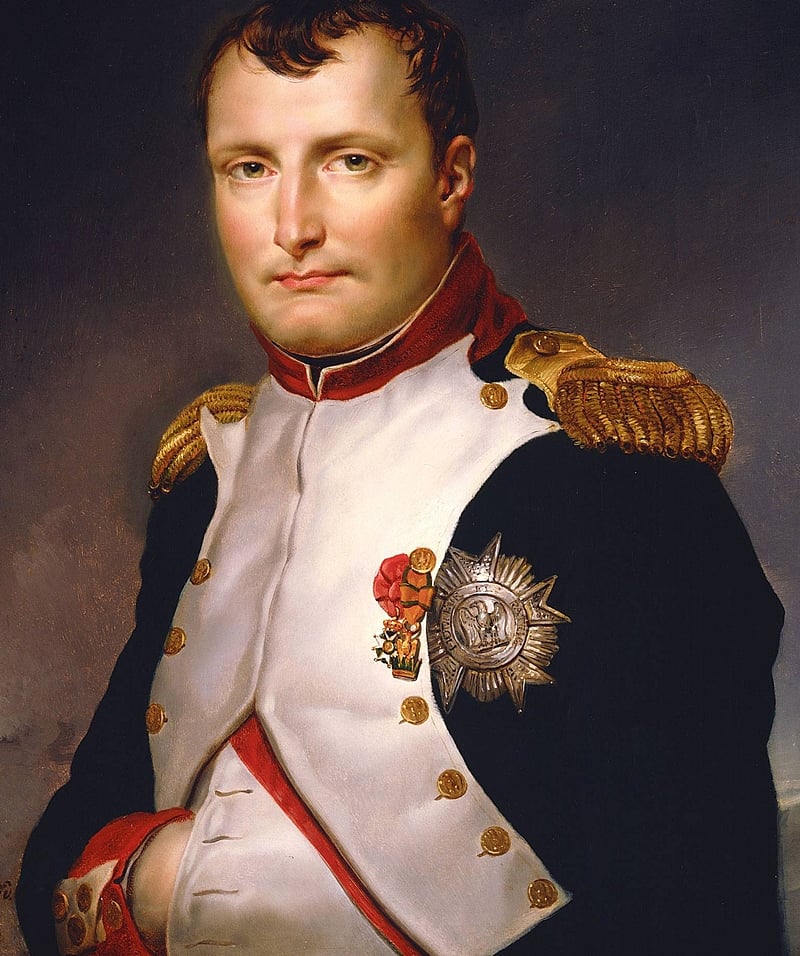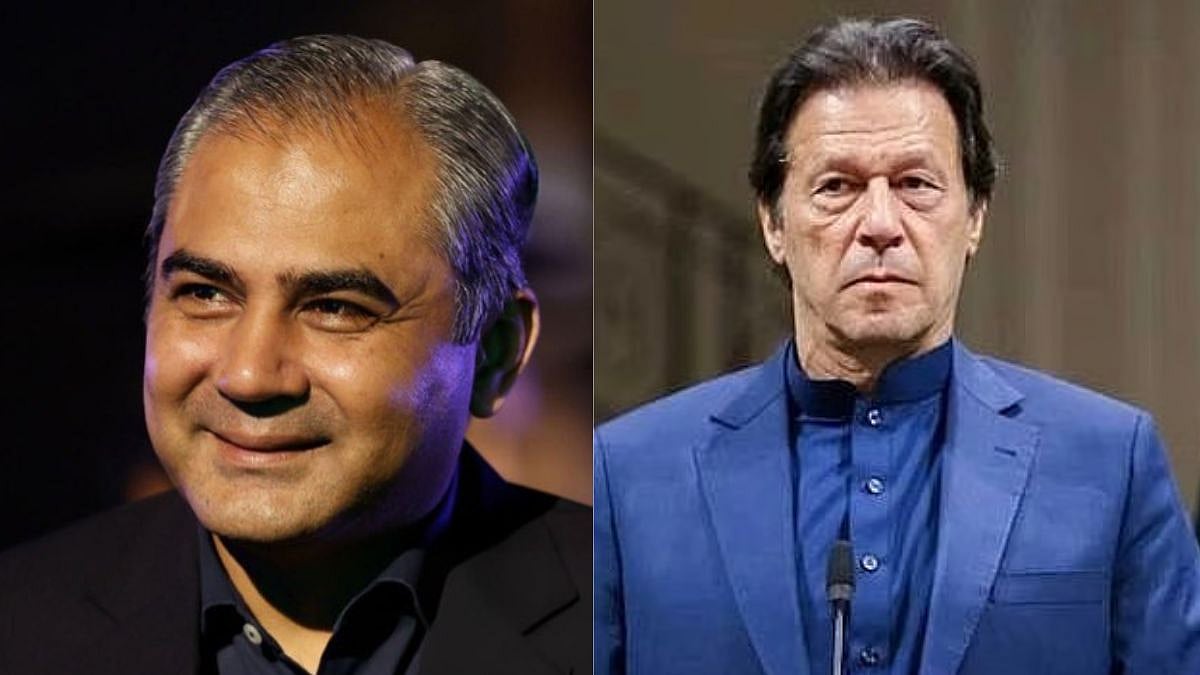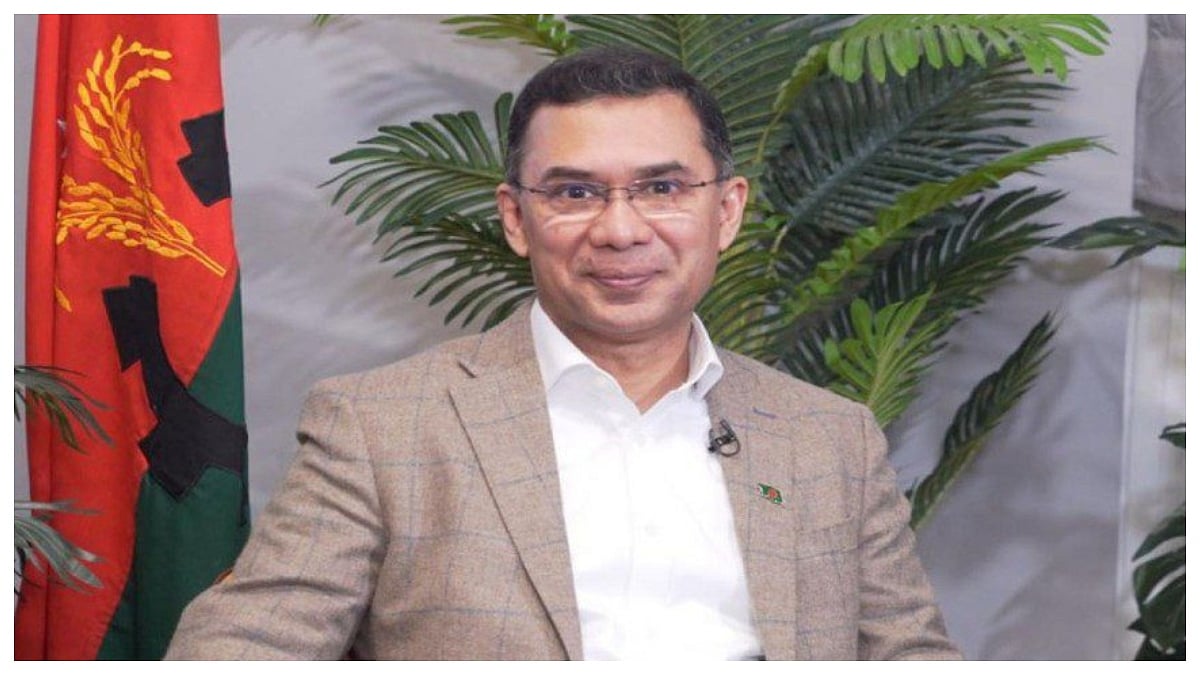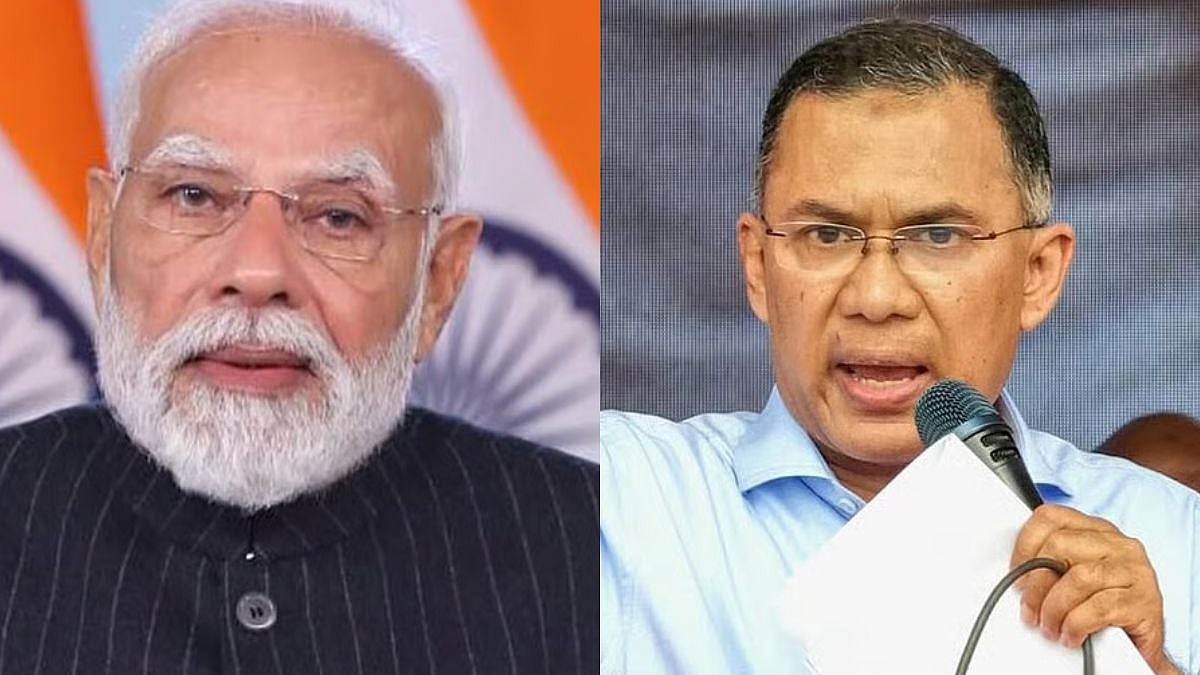On 5 May 1821, Napoleon Bonaparte died in a surprisingly small bed surrounded by his French coterie in exile in a damp and reportedly rat-infested house on the British island of Saint Helena.
His last words, uttered shortly before he expired around 5.59pm local time were relayed back: “La France, l’armée, tête d’armée, Joséphine …” (France, the army, head of the army, Joséphine). He was 51.
Two hundred years on, the cause of his death remains an unresolved mystery and his career and life continue to bitterly divide. To some, the Corsican-born emperor was a brilliant military and political strategist, to others he was little more than a warmongering despot.
To the right he is a national hero whose leadership and legacy put France on the map, while the left points out he was autocratic and supported the restoration of slavery.
The life and career of France's most famous leader
Napoleon was born on the island of Corsica not long after its annexation by the Kingdom of France. He supported the French Revolution in 1789 while serving in the French army, and tried to spread its ideals to his native Corsica. He rose rapidly in the Army after he saved the governing French Directory by firing on royalist insurgents.
In 1796, he began a military campaign against the Austrians and their Italian allies, scoring decisive victories and becoming a national hero. Two years later, he led a military expedition to Egypt that served as a springboard to political power. He engineered a coup in November 1799 and became First Consul of the Republic.
Differences with the British meant that the French faced the War of the Third Coalition by 1805. Napoleon shattered this coalition with victories in the Ulm Campaign, and at the Battle of Austerlitz, which led to the dissolving of the Holy Roman Empire.
In 1806, the Fourth Coalition took up arms against him because Prussia became worried about growing French influence on the continent. Napoleon knocked out Prussia at the battles of Jena and Auerstedt, marched the Grande Armée into Eastern Europe, annihilating the Russians in June 1807 at Friedland, and forcing the defeated nations of the Fourth Coalition to accept the Treaties of Tilsit.
Two years later, the Austrians challenged the French again during the War of the Fifth Coalition, but Napoleon solidified his grip over Europe after triumphing at the Battle of Wagram.
Hoping to extend the Continental System, his embargo against Britain, Napoleon invaded the Iberian Peninsula and declared his brother Joseph King of Spain in 1808.
The Spanish and the Portuguese revolted in the Peninsular War, culminating in defeat for Napoleon's marshals.
Napoleon launched an invasion of Russia in the summer of 1812. The resulting campaign witnessed the catastrophic retreat of Napoleon's Grande Armée.
In 1813, Prussia and Austria joined Russian forces in a Sixth Coalition against France. A chaotic military campaign resulted in a large coalition army defeating Napoleon at the Battle of Leipzig in October 1813.
The coalition invaded France and captured Paris, forcing Napoleon to abdicate in April 1814. He was exiled to the island of Elba, between Corsica and Italy. In France, the Bourbons were restored to power.
However, Napoleon escaped Elba in February 1815 and took control of France. The Allies responded by forming a Seventh Coalition, which defeated Napoleon at the Battle of Waterloo in June 1815.
The British exiled him to the remote island of Saint Helena in the Atlantic, where he died in 1821 at the age of 51.
Napoleon had an extensive impact on the modern world, bringing liberal reforms to the many countries he conquered, especially the Low Countries, Switzerland, and parts of modern Italy and Germany. He implemented liberal policies in France and Western Europe.
Bonaparte's legacy
His Napoleonic Code defined civil law across large parts of the world, introduced higher education, tax, road and sewer systems and he set up the Banque de France.
Napoleon gave France its civil code and penal code, established the system of prefects, representatives of the state in each French territory, and lycees, or high schools, among other things. But even the Institut of France refers to Napoleon “a major figure of history since always contested.”
Napoleon, a celebrated military genius, became an integral part of France’s legacy. But in today’s era, his image is tarnished by a decision to reestablish slavery in French colonies in 1802, after it was abolished in 1784. He was also responsible for years of carnage and destruction in wars fought across much of the European continent and as far away as Egypt.
Ruler from 1799, he became emperor in 1804 for a decade, then again for three months in 1815. He was exiled to the Mediterranean island of Elba, escaped and miraculously raised a new army, only to meet defeat on June 18, 2015, at the hands of a British-led military coalition in the crucial battle of Waterloo. He was sent in 1815 to the British outpost of St. Helena, where he died after falling ill.
Napoleon’s body was later exhumed and entombed at Les Invalides in Paris.
In the political realm, historians debate whether Napoleon was "an enlightened despot who laid the foundations of modern Europe" or "a megalomaniac who wrought greater misery than any man before the coming of Hitler".
Many historians have concluded that he had grandiose foreign policy ambitions. The Continental powers as late as 1808 were willing to give him nearly all of his gains and titles, but some scholars maintain he was overly aggressive and pushed for too much, until his empire collapsed.
Critics argue Napoleon's true legacy must reflect the loss of status for France and needless deaths brought by his rule: historian Victor Davis Hanson writes, "After all, the military record is unquestioned—17 years of wars, perhaps six million Europeans dead, France bankrupt, her overseas colonies lost."
McLynn states that, "He can be viewed as the man who set back European economic life for a generation by the dislocating impact of his wars."
Vincent Cronin replies that such criticism relies on the flawed premise that Napoleon was responsible for the wars which bear his name, when in fact France was the victim of a series of coalitions that aimed to destroy the ideals of the Revolution.
Whatever the case may be, one thing is clear: though he has been dead for 201 years, Napoleon continues to be a hotly debated figure in contemporary French politics.
"Why shouldn't we celebrate Napoleon?" far-right nationalist leader Marine Le Pen told France Inter radio on Tuesday. "He's a huge historical figure. I regret that the president is commemorating him in a hurry. He did so much for the country, and he gave so much to the world."
Other French leaders have also had to contend with how to remember the man known as the "little corporal", famed for his frock coat and "bicorne" (two-cornered) hat which he wore sideways on the battlefield.
